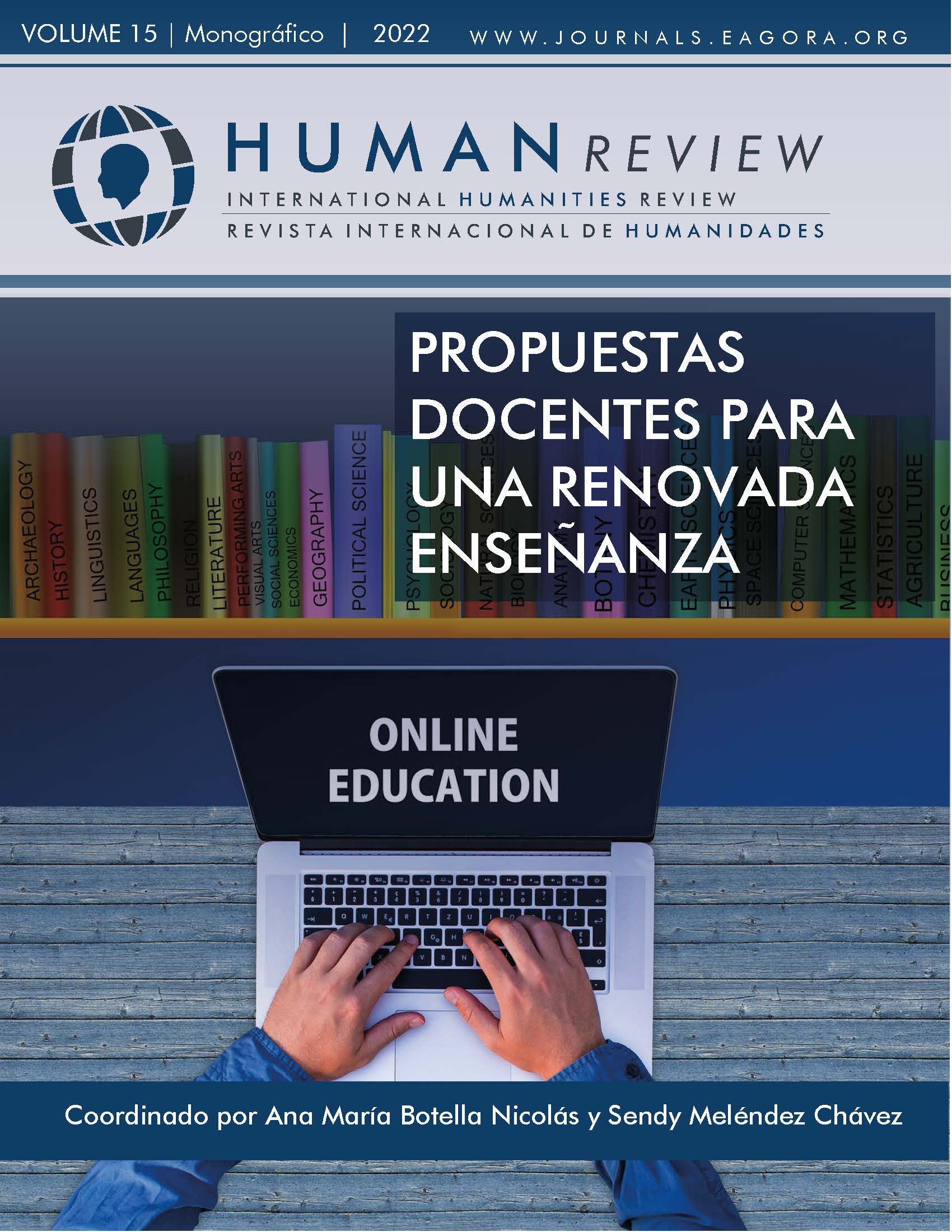Core practices for teaching English pronunciation in post-pandemic contexts at tertiary level
Keywords:
Pandemic, Tertiary Level, Linguistic Competence, Core Practices, Internalization, Formal InstructionAbstract
The teaching of English pronunciation in a pandemic context at tertiary level was characterized by the absence of face to face student/teacher interaction; although this interaction fosters the learning and improves oral proficiency in a foreign language, the conditions of pandemic affected the teaching-learning process and diminished the speed of internalization of English pronunciation. It is hypothesized that the use of core practices for pronunciation teaching will improve oral competence. The results of this research show that a period of constant, continuous, and measurable formal instruction using core practices will allow the access to the expected oral competence.
References
Basuki, Y. (2018). The use of drilling method in teaching phonetic transcription and word stress of pronunciation class. LinguA-LiterA: Journal of English Language Teaching Learning and Literature, 1(1), 54-69.
Cid, M. y Orellana, F. (2021). La investigación acción relativa a EFL en contextos educativos terciarios en Chile. En: D.Caldevilla Domínguez (Ed.) CUICIID 2021. Congreso Universitario Internacional sobre la Comunicaciónen la Profesión y en la Universidad de hoy: Contenidos, Investigación, Innovación y Docencia. Libro de Actas(p. 1046). Fórum Internacional de Comunicación y Relaciones públicas (Fórum XXI).
Darcy, I. (2018). Powerful and Effective Pronunciation Instruction: How Can We Achieve It?. The CATESOL Journal, 30(1), 13-45. http://www.catesoljournal.org/volume-30-1/
Grossman, P. (2009). Teaching Practice: A Cross-Professional Perspective. Teachers College Record, 111(9), 2055–2100. https://doi.org/10.1177/016146810911100905
Hirata, Y. y Kelly, S.D. (2010). Effects of Lips and Hands on Auditory Learning of Second-Language Speech Sounds. Journal of Speech, Language, and Hearing Research, 53(2), 298-310. https://doi.org/10.1044/1092-4388(2009/08-0243)
Hodgetts, J. (2020). Pronunciation instruction in English for academic purposes: An investigation of attitudes, beliefs and practices. Springer.
Ivankova, N. y Wingo, N. (2018). Applying mixed methods in action research: Methodological potentials and advantages. American Behavioral Scientist, 62(7), 978-997. https://doi.org/10.1177/0002764218772673
Jenkins, J. (2015). Repositioning English and multilingualism in English as a Lingua Franca. Englishes in Practice, 2(3) 49-85. https://doi.org/10.1515/eip-2015-0003
Kivistö-de Souza, H. (2017). The relationship between phonotactic awareness and pronunciation in adult second language learners. RBLA, 17(1), 185-214. http://dx.doi.org/10.1590/1984-6398201610850
Mohammad Nazari, N.S. y Mirsaeeidi, A.S. (2017). The Effects of Communicative Pronunciation Instruction on Suprasegmental Performance in an EFL Context. Theory and Practice in Language Studies, 7(10), 860-867.http://dx.doi.org/10.17507/tpls.0710.06
Pennington, M.C. y Rogerson-Revell, P. (2019). English pronunciation teaching and research: Contemporary perspectives. Palgrave Macmillan. https://doi.org/10.1017/CBO9781139524780.003
Pennington, M.C. (2021). Teaching Pronunciation: The State of the Art. RELC Journal, 52(1), 3-21. https://doi.org/10.1177/00336882211002283
Porlán, R. (2020). El cambio de la enseñanza y el aprendizaje en tiempos de pandemia. Revista de Educación Ambiental y Sostenibilidad 2(1), 1502. https://doi.org/10.25267/Rev_educ_ambient_sostenibilidad.2020.v2.i1.1502
Sakai, M. y Moorman, C. (2017). Can perception training improve the production of second language phonemes? A meta-analytic review of 25 years of perception training research. Applied Psycholinguistics, 39(1), 187-224.https://doi.org/10.1017/S0142716417000418
Trofimovich, P. y Gatbonton, E. (2006). Repetition and Focus on Form in Processing L2 Spanish Words: Implications for Pronunciation Instruction. The Modern Language Journal, 90(4), 519–535. https://doi.org/10.1111/j.1540-4781.2006.00464.x
Vancova, H. (2019). The relation between orthography and pronunciation viewed by the learners of english. En: L. Gómez Chova, A. López Martínez, I. Candel Torres (Eds.) EDULEARN19 Proceedings. 11th International Conference on Education and New Learning Technologies (pp. 6621-6625). IATED. http://dx.doi.org/10.21125/edulearn.2019.1592

